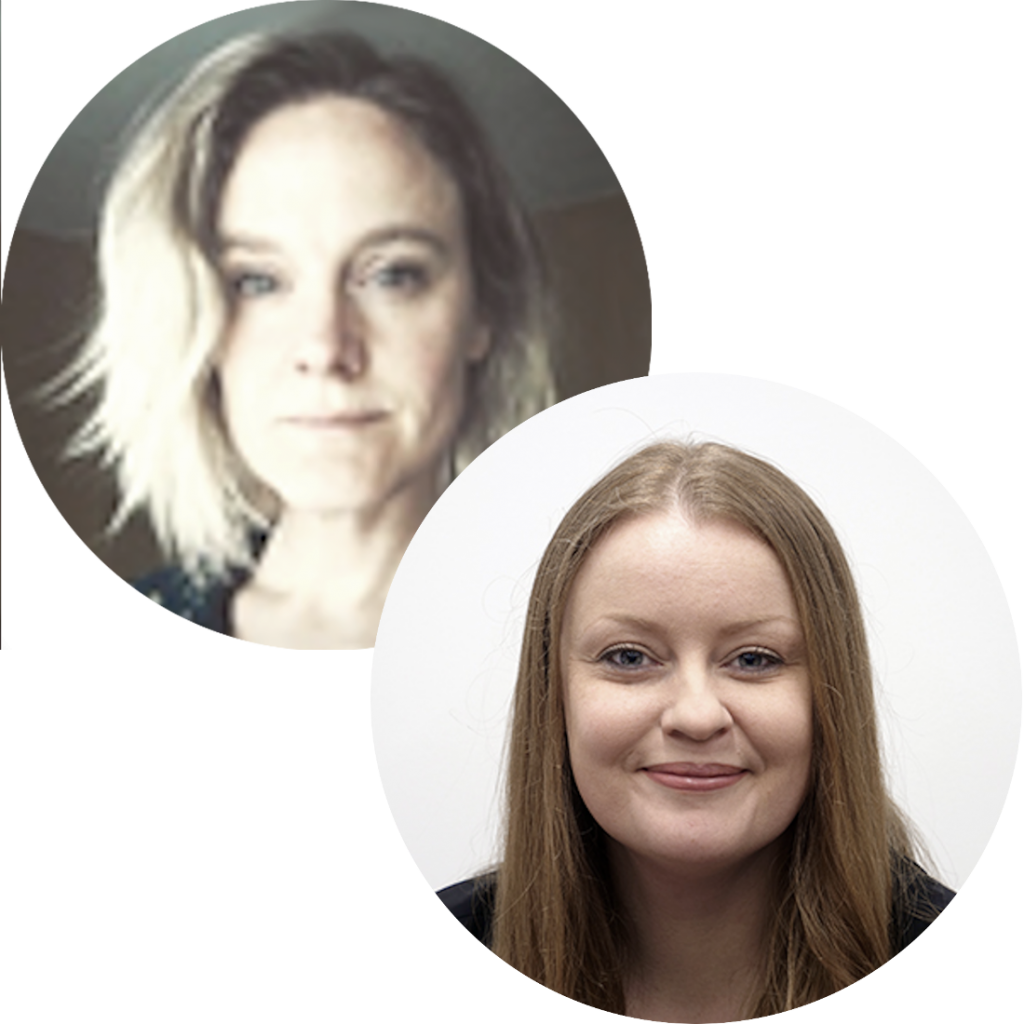🔖 PRESENTATION
Paper (parallel)
📆 DATE
Thursday 9 Sep 2021
⏰ MELBOURNE TIME
7.00 - 9.00 pm
⏰ LOCAL START TIME
time start

Mr Ross Emerson
Director/Owner; Psychodynamic Consultant, Executive Coach, and Board Advisor, Ross Emerson Ltd, UK
Ross is an executive coach and consultant well positioned to support senior leaders facing complex challenges. With over 30-years of business experience drawing from international roles in Canada, Japan, United Kingdom, Monaco, and India along with his breadth of global experience, Ross was selected to be part of a Global Expert Coaching Team for senior executive leaders at some UN Agencies. In addition to owning his own private client coaching business serving clients around the globe, Ross provides senior executive coaching and consulting services through the LHHP International Center for Executive Options and the Senior Directors Unit EMEA hub in London; and he also coaches senior executives in the Kellogg-Schulich EMBA programme, which in 2020 was rated by the Economist as the #2 EMBA programme in the world.
During a successful career in financial services spanning over 25-years, Ross held senior roles in banking strategy, operational risk management, learning and development, global payments products, corporate sales, wealth management, and enterprise leadership. In 2013 and 2014, Ross won Royal Bank of Canada’s Private Banking Gold Award given to the top enterprise leaders across Canada. Prior to that in 2009 and 2011, Ross won the Barclays Chairman’s award for Individual Contribution to the Monaco and to the Europe regions respectively. In 2002 Ross was privileged to be part of the World Youth Day team organising the visit of Pope John Paul II to Toronto. In 2003 Ross relocated to England and worked as Deputy Fundraising Director at the Duke of Edinburgh’s Award and after several years, Ross was headhunted by the National Youth Theatre of Great Britain to join its Executive Committee as Development Director.
Ross has served as Non-Executive Director on the boards of two UK charities in the past, and served on the board for the Canadian Centre for Diversity between 2012 and 2014 as Chair of its Development Committee as well as being Treasurer for a short period. Ross has coached senior professionals across Canada, the UK, and Continental Europe.
In 2019 Ross completed INSEAD’s Executive Master of Consulting & Coaching for Change Degree program and graduated with Distinction. The program focuses on successful Organisational Transformation and Change Management and comprises the disciplines of Organisational Psychology, Organisational Development, and Systems & Complexity Theory. In addition to this degree, Ross previously completed a Master of Business Administration Degree with specialisations in strategy and marketing, an Honours Bachelor of Arts Degree in International Politics, and a Graduate Certificate in International Business Management. Ross has also successfully completed his UK Investment Management Certificate, the Canadian Securities Course, and held the Personal Financial Planner designation in Canada. In autumn of 2021 Ross will commence a PhD course of study where his research will focus in the leadership arena.
⏰ DURATION
120 minutes
When Leaders are Vilified: A Phenomenological Analysis of the Inner Transitional Experience of Leaders Who Are Vilified
Well intentioned leaders make decisions and act in the best interest of their companies; however, they can never guarantee that things will go according to plan. When negative consequences occur, leaders may be vilified by peers, colleagues and the system around them. Little consideration is given to the fact that these leaders are people – human beings susceptible to the same emotional and psychological scarring as everyone else. The questions explored in this research are: 1) What is the inner transitional experience of leaders who are vilified? 2) Why does this experience occur? Using Interpretative Phenomenological Analysis, I explored the inner experience of vilified leaders through thematic analysis of first-person narratives, employing a critical incident method. I conducted fieldwork over 48-hours of live discussions and semi-structured socio-analytic interviews of vilified leaders around the world. I determined through application of an evaluative framework that villainy was unjustified in the circumstances examined. This provided context for a negative inner experience and underpinned the development of an above-the-surface conceptual matrix documenting mapping 5 meta-experiences (Emotional State, Impact on Relationships, Social Defenses, Conflict Management, Recovery & Healing) encountered sequentially in 3 stages (Early-term, Mid-term, Long-term).
Looking deeper below the surface using a psychodynamic lens to understand the cause revealed an inner experience taking place while traversing 2 transitional states of Cognitive Dissonance and Sense Making. The next question to be answered was “Why did this experience occur?” A critical analysis led to the realization that the inner transitional journey was a traumatic experience caused by Stigma-induced Identity Threat and led to the development of a conceptual model of the experience above-and-below the surface. This study also links the villain label to the topics of stigma, threat appraisal, identity threat, cognitive dissonance, and sense making; and builds on the work of Major & O’Brien (2005) on the Social Psychology of Stigma; Petriglieri (2011) on Identity Threat; and Lyons, Pek & Wessel (2017) on Stigma Identity Management.
A positive outcome of this study was the catharsis experienced by all research participants. Their motivation to help others by sharing their stories allowed them to cope with their trauma, to mitigate their discomfort, to continue their healing, and to move on by rewriting self-identity narratives to transform themselves from villain to hero. Understanding the phenomenon of being vilified helps to identify the subconscious influences that lie at the heart of the human experience and human behaviour. Practically applying this research could assist affected individuals in this situation to cope with and recover from what has been a traumatic experience.
The insights gained transcend the professional and personal domains and are applicable to the business world and the helping professions. Better organizational training programs could be developed by incorporating the findings of this study to prepare those in business who may themselves be in this situation, and also to prepare those who are called upon to provide support to these individuals. Executive coaches for example can learn from the insights and use them to tailor their coaching approaches more effectively.
This can also be said for those in the close constellations of the vilified in order to help people in this situation cope better through the experience and reintegrate to business- and life-as-usual quickly and effectively. By shedding light on this topic society as a whole can be better prepared to address the outcomes through the lens of well-being, which is increasing in importance in both professional and personal circles. The implications drawn from this research compel one to consider, “Are the villains sometimes also the victims?”
Day(s)
:
Hour(s)
:
Minute(s)
:
Second(s)
Session schedule
5 MINS
Introduction
30 MINS
Paper presentation
20 MINS
Small group discussion; impressions of the paper and developing questions for the presenter
20 MINS
Discussion forum with the presenter; moderated for the speaker to elaborate their ideas
10 MINS
Discussion forum with the presenter; themes from the discussions
5 MINS
Break
30 MINS
Whole symposium open reflection discussion
Share this presentation!
Parallel Paper Presentations
The following are presenting at this time

MISS SARA CARDER
DR LAURA COOK
Teams Interrupted: Finding connection and meaning in child and family social work teams during the COVID-19 pandemic

MR ROSS EMERSON
When Leaders are Vilified: A phenomenological analysis of the inner transitional experience of leaders who are vilified

DR HELOISE HALIDAY
Uncovering the lived experience of hospital administrators during the COVID-19 pandemic. Insights from a focus-group-based qualitative research project.

